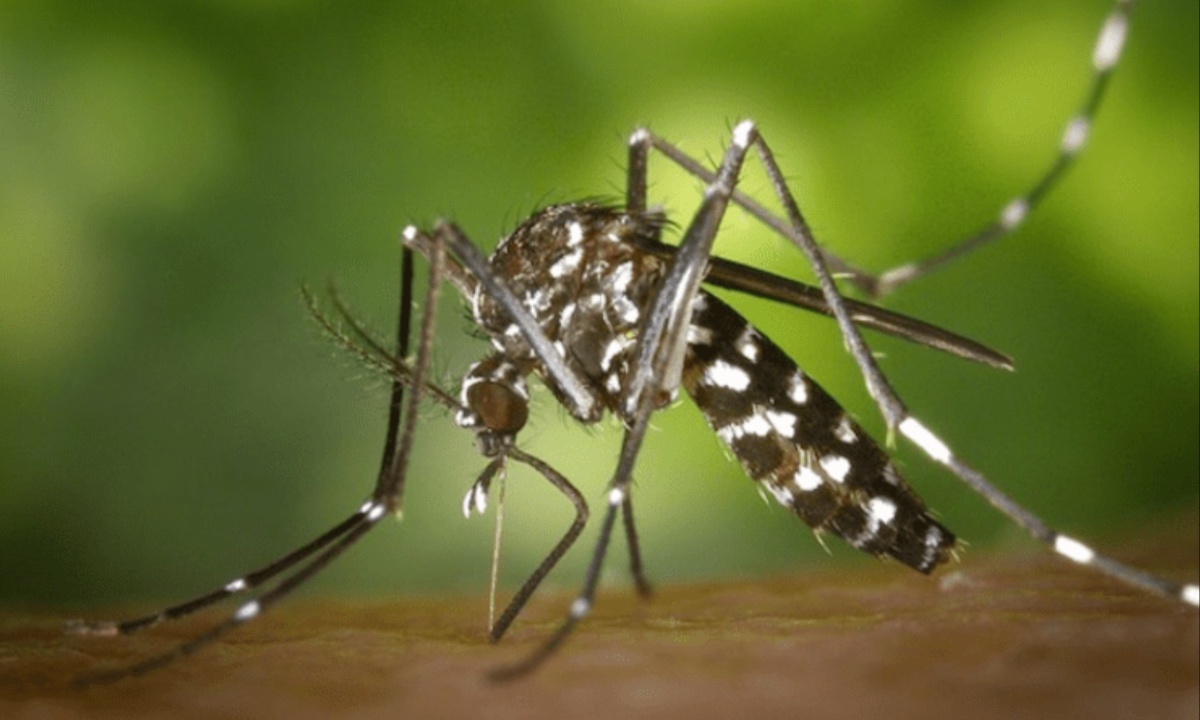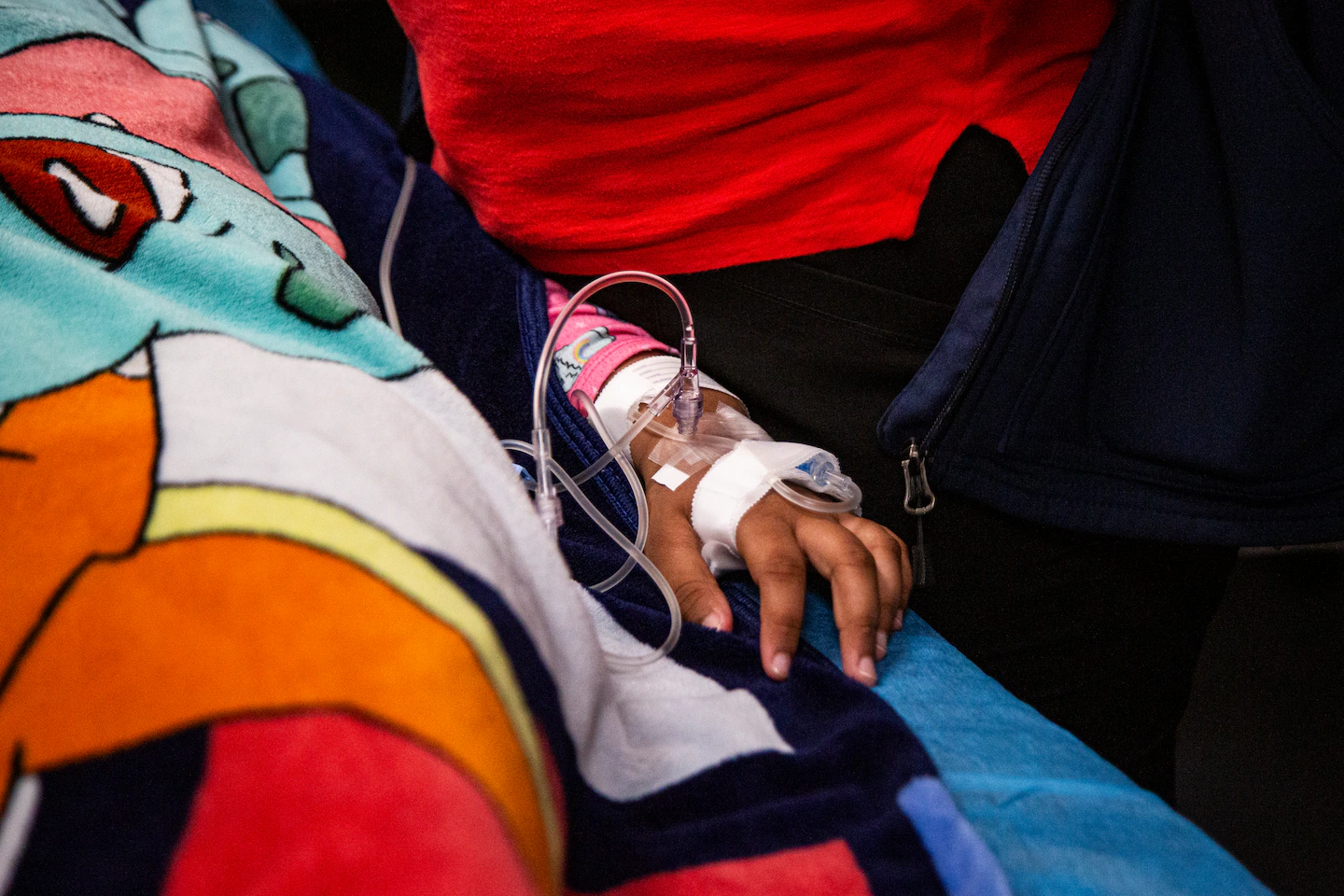In 2024, deaths from dengue fever have surged across the Caribbean and the Americas, with health officials reporting more than 7,700 fatalities, a significant increase from 2,467 deaths in 2023. This rise, more than a 200% increase, is linked to the climate crisis, which has led to warmer temperatures, droughts, and flooding, providing ideal conditions for mosquitoes that transmit the virus to thrive. The Pan American Health Organization (PAHO) reported a record 12.6 million suspected cases of dengue in the region this year, nearly three times the number reported in 2023.
The rise in dengue cases is the highest since record-keeping began in 1980, with PAHO Director Jarbas Barbosa attributing the increase to climatic events, rapid population growth, urbanization, and poor sanitation. The virus, which has spread to areas previously free from it, has seen a global surge since last year. In the Americas, Brazil has reported the most cases, with over 10 million, followed by Argentina, Mexico, and several Caribbean nations, including Guyana, French Guiana, and the Dominican Republic.

Local transmission of dengue has also been reported in parts of the United States, particularly in California, Florida, and Texas. The virus has four types, and having one does not provide immunity to the others. This year, dengue serotype 3 has predominated in Mexico, Central America, and the Caribbean, which has increased the severity of outbreaks. While many people infected with dengue experience mild symptoms, severe cases can result in bleeding, shock, and death, with repeated infections being especially dangerous.
Dengue outbreaks usually peak during the wet season, but Puerto Rico declared an epidemic by late March, with cases nearly quadrupling compared to last year. As of now, Puerto Rico has reported over 4,900 cases and at least nine deaths, including young children. Costa Rica, Mexico, and Paraguay have also seen a high number of cases in children under 15, with Guatemala facing a particularly high death toll among minors. The rapid spread of dengue in these regions highlights the growing public health challenge posed by the virus.
While vaccines have been introduced in some countries like Peru, Brazil, and Argentina, their effectiveness is limited and they are primarily aimed at children who have already had a previous infection. PAHO has emphasized that vaccines are not expected to significantly impact transmission rates, and preventive measures, such as eliminating mosquito breeding grounds, remain critical. As Thais dos Santos, a PAHO expert on arboviral diseases, stated, “If there’s no mosquito, there’s no dengue,” underscoring the importance of continued public health efforts to combat the spread of the disease.
